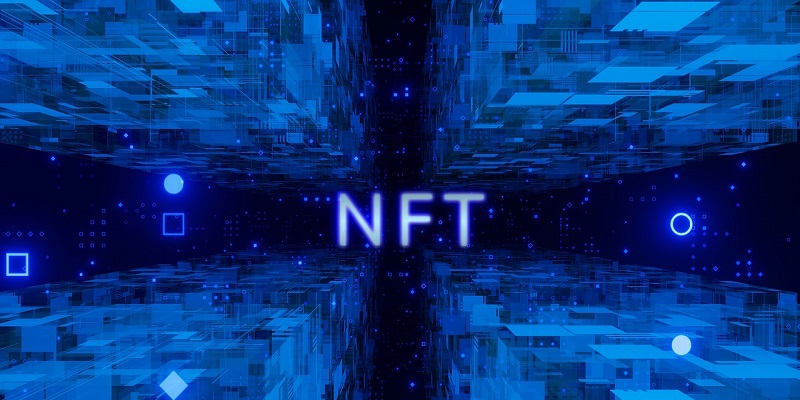In the fast-paced world of digital art and collectibles, Non-Fungible Tokens (NFTs) have taken the spotlight. NFTs are unique digital assets that are verified and stored on a blockchain, providing authenticity and traceability to the owners. However, not all blockchains are suitable for developing NFTs. In this article, we will delve into the considerations and evaluate some popular and emerging blockchains for NFT projects.
Considerations for choosing a suitable blockchain for NFT projects
When embarking on an NFT project, several factors must be considered when selecting the appropriate blockchain. Transaction speed and cost play a crucial role, as high traffic and lengthy confirmation times can hinder the seamless experience of buying and selling NFTs. Smart contract functionality is also vital as it determines the flexibility and customization options available to creators. Additionally, compatibility and interoperability within the NFT ecosystem are essential for collaboration and integration among platforms.
Evaluation of Ethereum as a popular blockchain for NFTs
Undeniably, Ethereum has been the go-to blockchain for NFT development due to its early adoption and robust infrastructure. However, Ethereum’s success comes with challenges. The network’s congestion often results in frustratingly slow transaction speeds and exorbitant gas fees, making it less accessible to the broader community. Although Ethereum’s smart contract functionality is commendable, these scalability issues have propelled other blockchains to the forefront of NFT development.
An analysis of Binance Smart Chain for NFT development
Binance Smart Chain (BSC) has gained popularity as an alternative to Ethereum for NFT projects. With faster transaction speeds and significantly lower costs, BSC offers a more seamless experience for NFT creators and buyers. Additionally, its compatibility with the Ethereum Virtual Machine (EVM) allows for easy migration of NFT projects from Ethereum to BSC. However, BSC’s centralized nature raises concerns about security, regulation, and potential vulnerabilities.
Overview of the Flow blockchain and its suitability for NFTs
Flow blockchain has emerged as a promising platform for NFT development. Its high transaction speed and low-cost transactions make it an attractive choice for creators and collectors alike. Additionally, Flow offers advanced smart contract functionality, enabling unique customization options for NFTs. However, it’s important to note that Flow’s centralized governance model and limited adoption might raise concerns for those who value decentralization and long-term sustainability.
Examination of other emerging blockchains for NFTs
Several other blockchains are gaining traction in the NFT space. Solana, with its lightning-fast transaction speeds and low fees, has become a popular choice among developers. Cardano and Tezos offer robust smart contract functionality, providing scalability and flexibility for NFT projects. Polygon’s Layer-2 solution aims to enhance Ethereum’s scalability, making it an appealing option for projects seeking interoperability with the Ethereum network.
Importance of finding a blockchain that suits your needs and staying updated with industry trends
As the NFT ecosystem evolves, it is paramount to find a blockchain that aligns with your project’s specific requirements. Evaluating factors such as transaction speed, cost, smart contract functionality, and compatibility ensures a seamless experience for creators and collectors. Additionally, staying abreast of industry trends and emerging blockchains allows for adaptation and integration with novel technologies, empowering NFT projects with greater opportunities for success.
In conclusion, selecting the most suitable blockchain for NFT projects requires careful consideration of transaction speed, cost, smart contract functionality, compatibility, and long-term sustainability. Ethereum, Binance Smart Chain, Flow, and other emerging blockchains each have their strengths and weaknesses. By weighing these factors and staying informed about industry advancements, creators and collectors can make informed choices to drive the future of NFTs on the most optimal blockchain platform.

